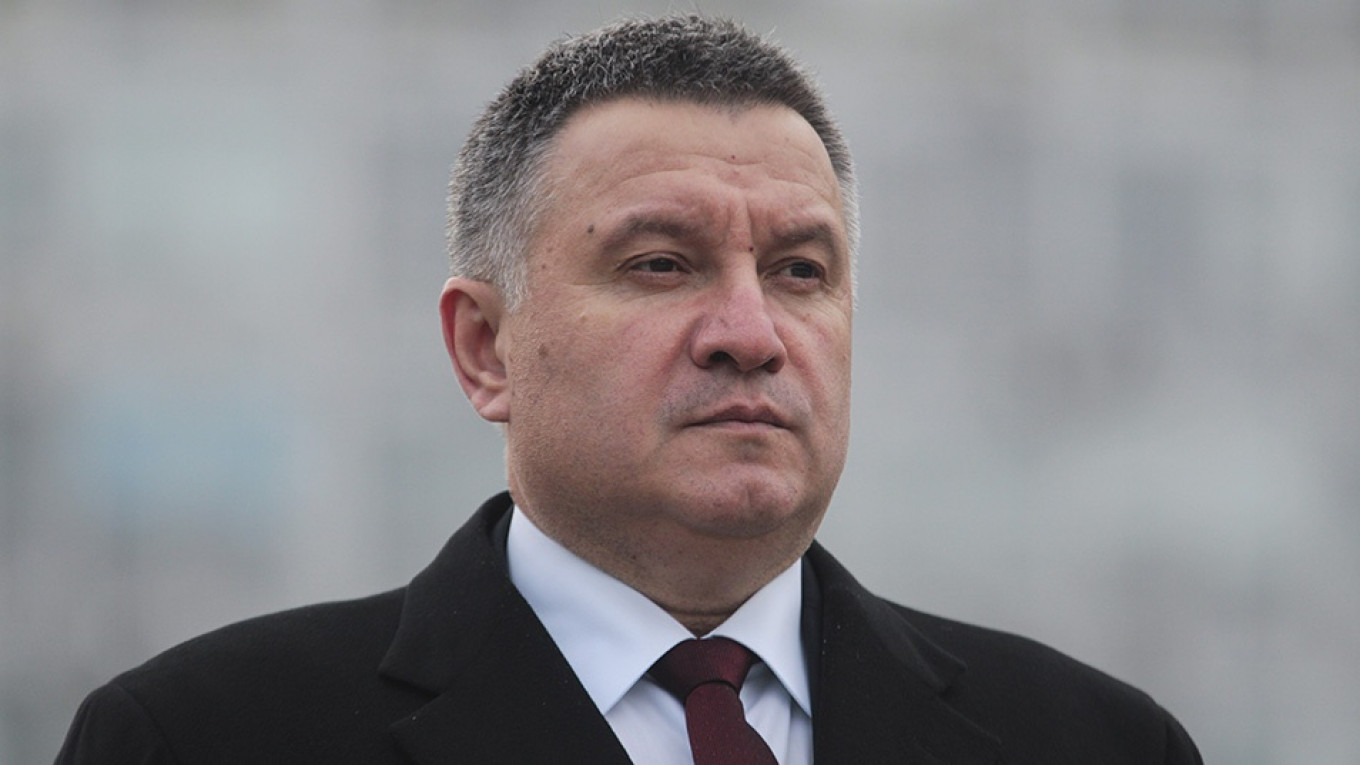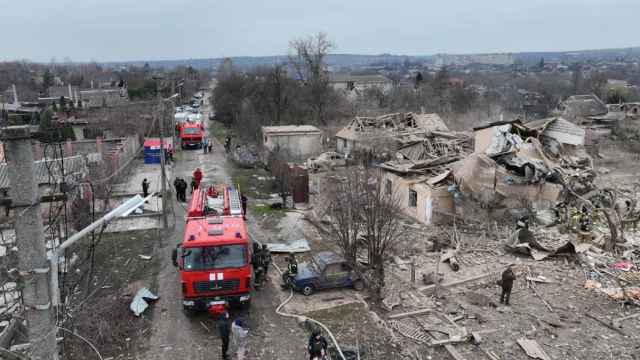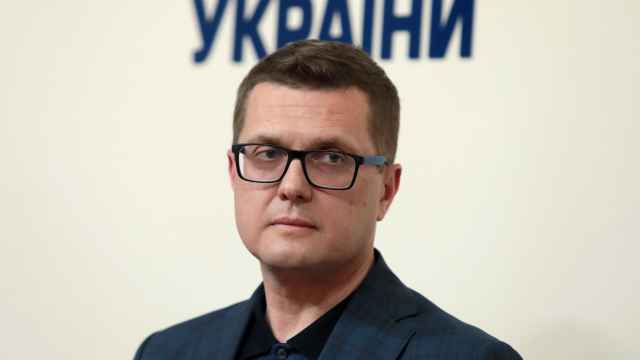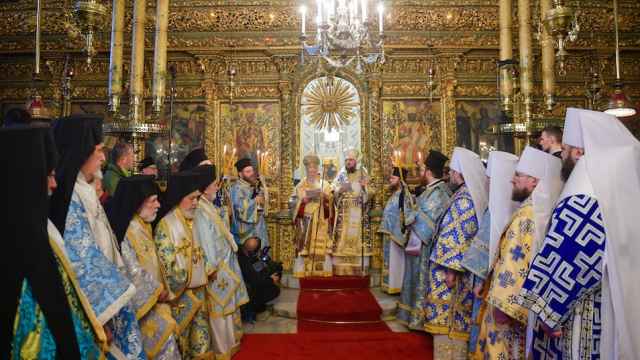Ukraine's interior minister said on Tuesday a suspect in the Skripal poisoning case, working for Russian military intelligence, had been identified in Ukraine as a man who helped the former Ukrainian president flee to Russia in 2014.
It was not immediately clear whether minister Arsen Avakov was citing information from Ukrainian intelligence or quoting the accounts of journalists. He released a statement following a meeting with a British minister.
His spokesman declined to comment further. A lawyer for former President Viktor Yanukovich, who escaped to Russia in February 2014 during a wave of street protests, has previously denied that the Skripal suspect had helped Yanukovich.
Former Russian double agent Sergei Skripal and his daughter Yulia were found slumped on a public bench in the English city of Salisbury in March. Britain says they were poisoned with a nerve agent administered by Russian intelligence officers.
The Skripals survived, but a woman who lived in the area, unconnected with them, later died from what British police say was contact with the poison used, which her partner had found in a discarded perfume bottle.
Russia denies any involvement in the affair, which has deepened its international isolation.
Moscow says two Russian men suspected by British authorities, captured on surveillance footage near the scene of the poisoning, were innocent tourists visiting Salisbury twice during a weekend trip to Britain. London says that explanation is so far-fetched as to all but prove Russia's involvement.
"Interior Minister Arsen Avakov noted that one of the participants in the attack in the Salisbury, an officer of the GRU of the Russian Federation, had been recognised in Ukraine as a person who had been involved in transporting ex-president Yanukovich from Ukraine," the minister's statement said.
Avakov did not identify which of the two Skripal suspects had helped Yanukovich escape.
A Message from The Moscow Times:
Dear readers,
We are facing unprecedented challenges. Russia's Prosecutor General's Office has designated The Moscow Times as an "undesirable" organization, criminalizing our work and putting our staff at risk of prosecution. This follows our earlier unjust labeling as a "foreign agent."
These actions are direct attempts to silence independent journalism in Russia. The authorities claim our work "discredits the decisions of the Russian leadership." We see things differently: we strive to provide accurate, unbiased reporting on Russia.
We, the journalists of The Moscow Times, refuse to be silenced. But to continue our work, we need your help.
Your support, no matter how small, makes a world of difference. If you can, please support us monthly starting from just $2. It's quick to set up, and every contribution makes a significant impact.
By supporting The Moscow Times, you're defending open, independent journalism in the face of repression. Thank you for standing with us.
Remind me later.






